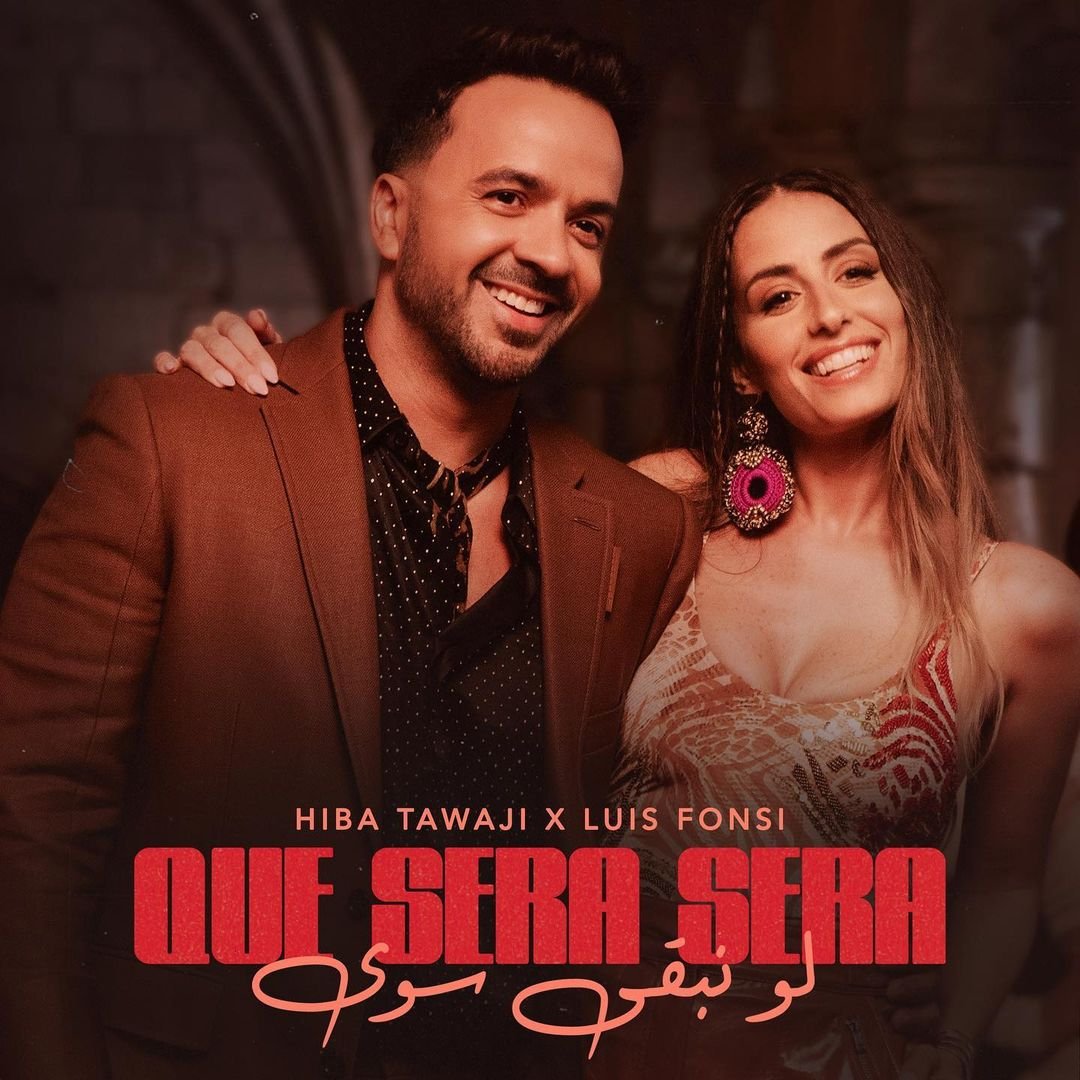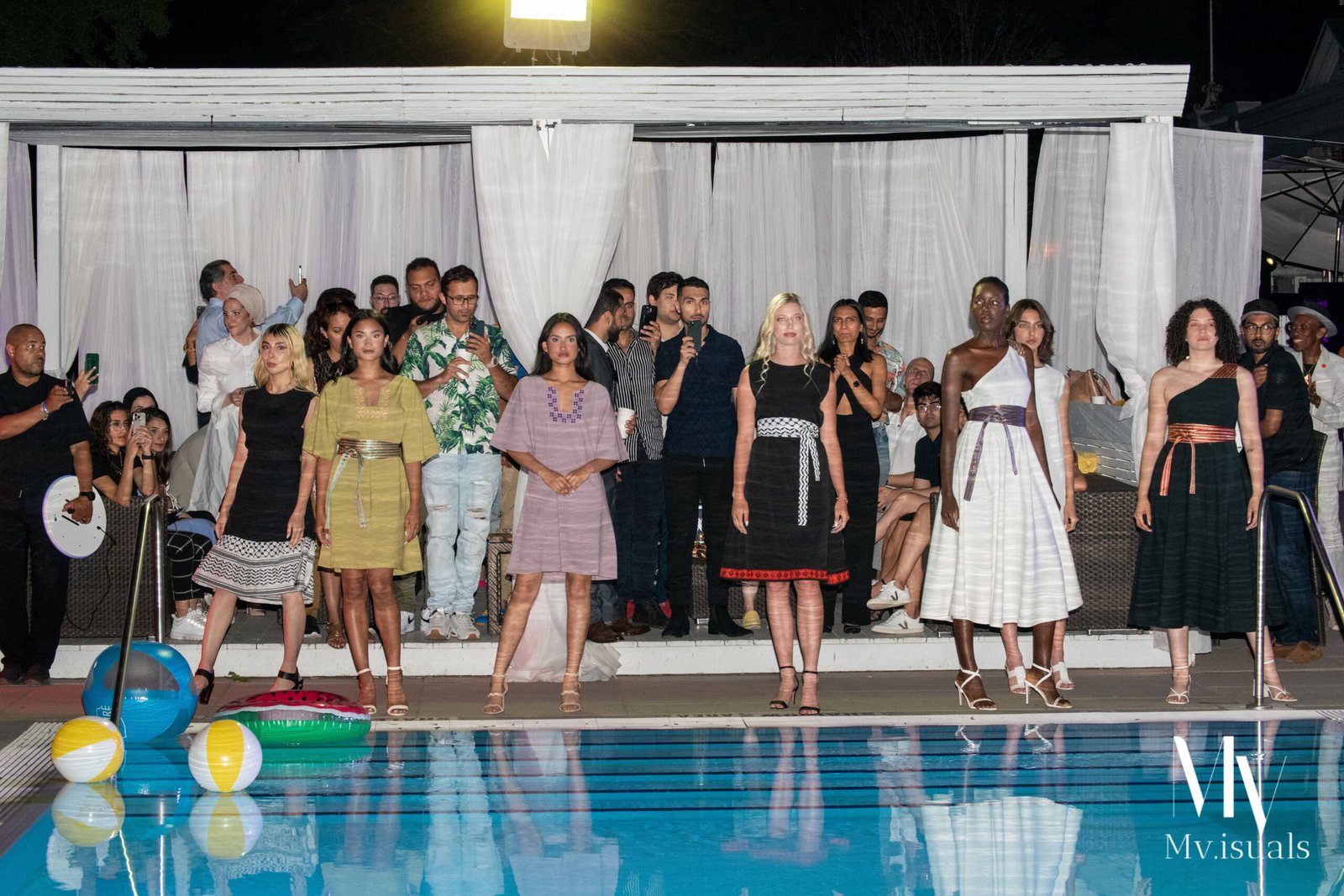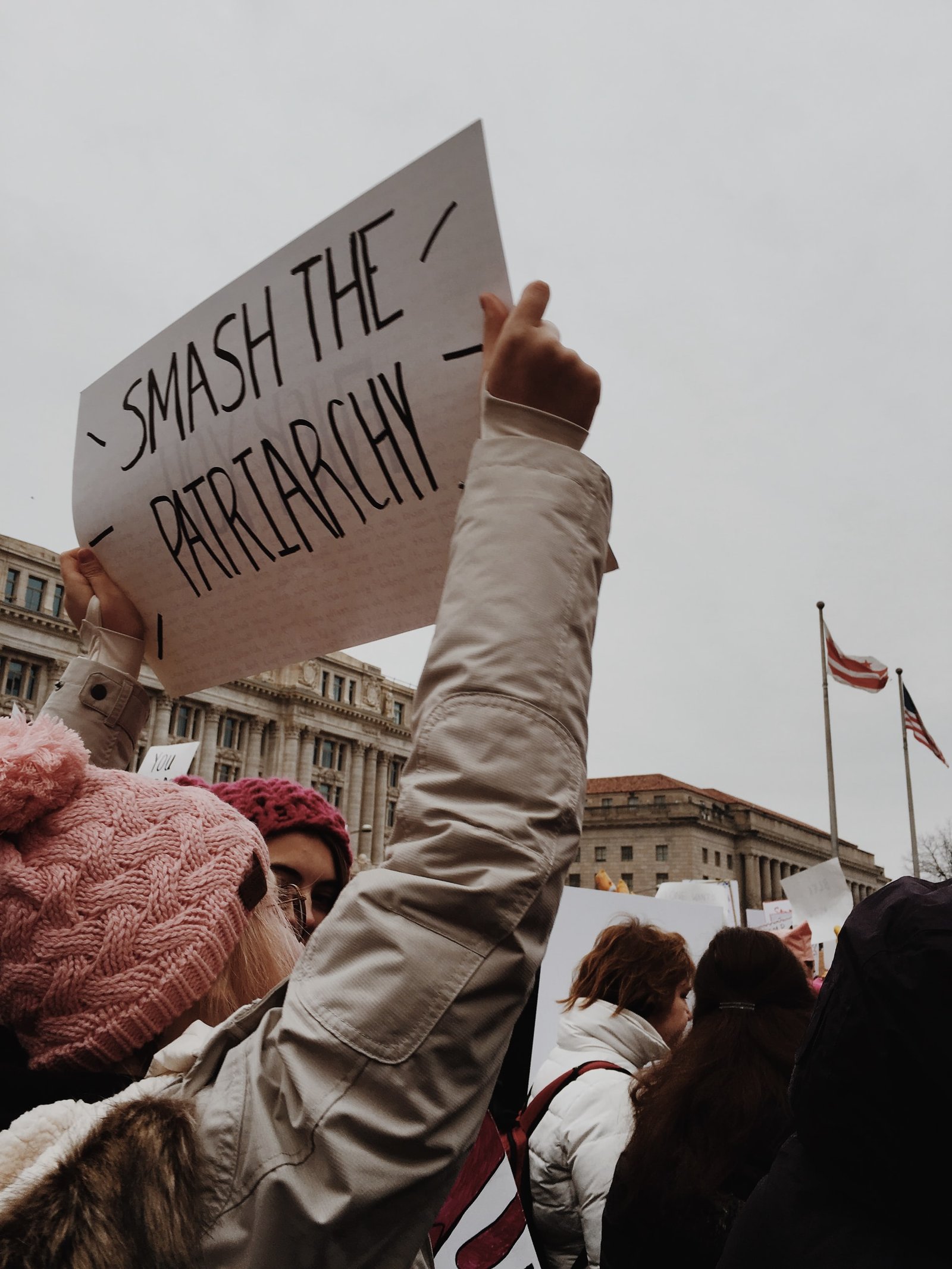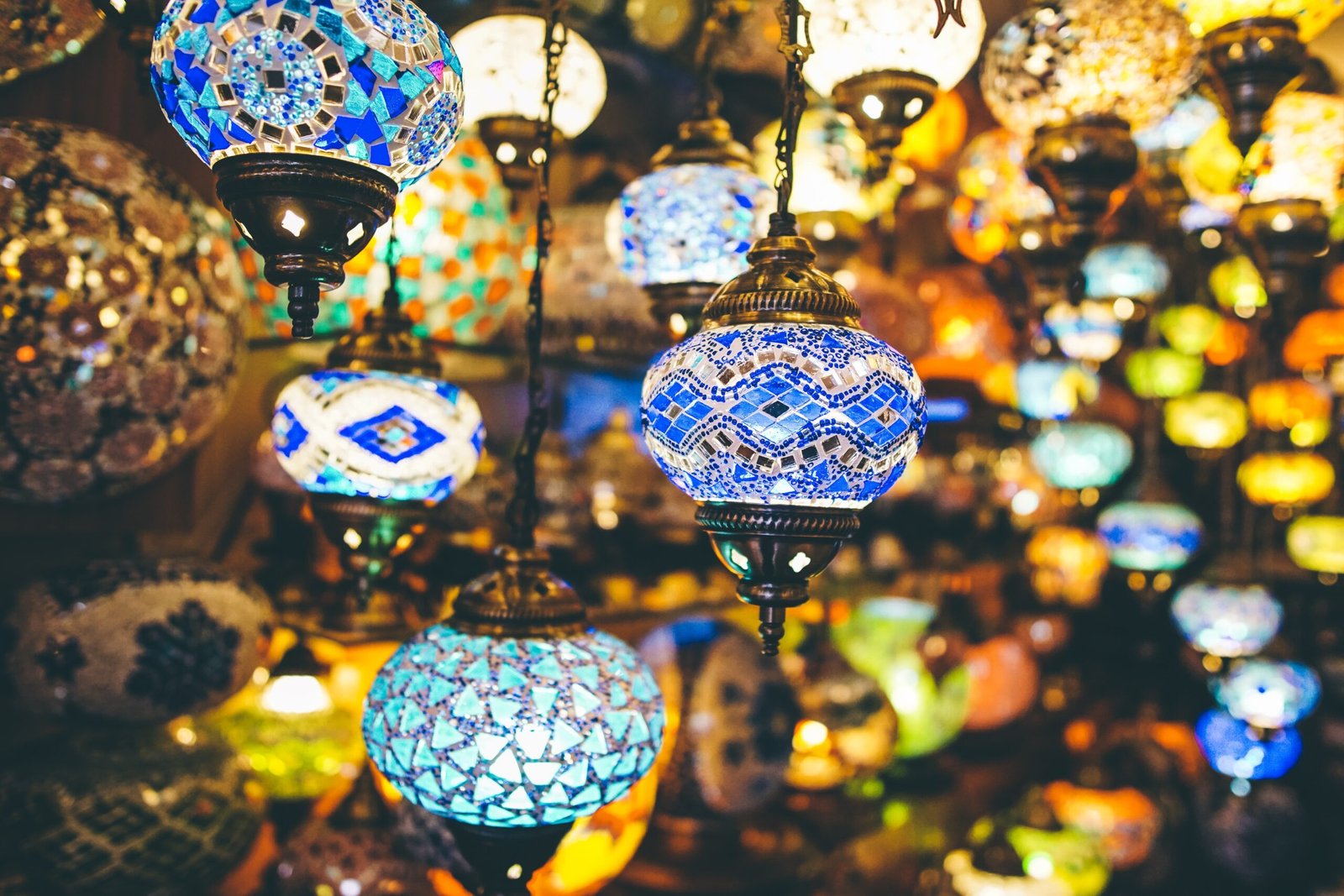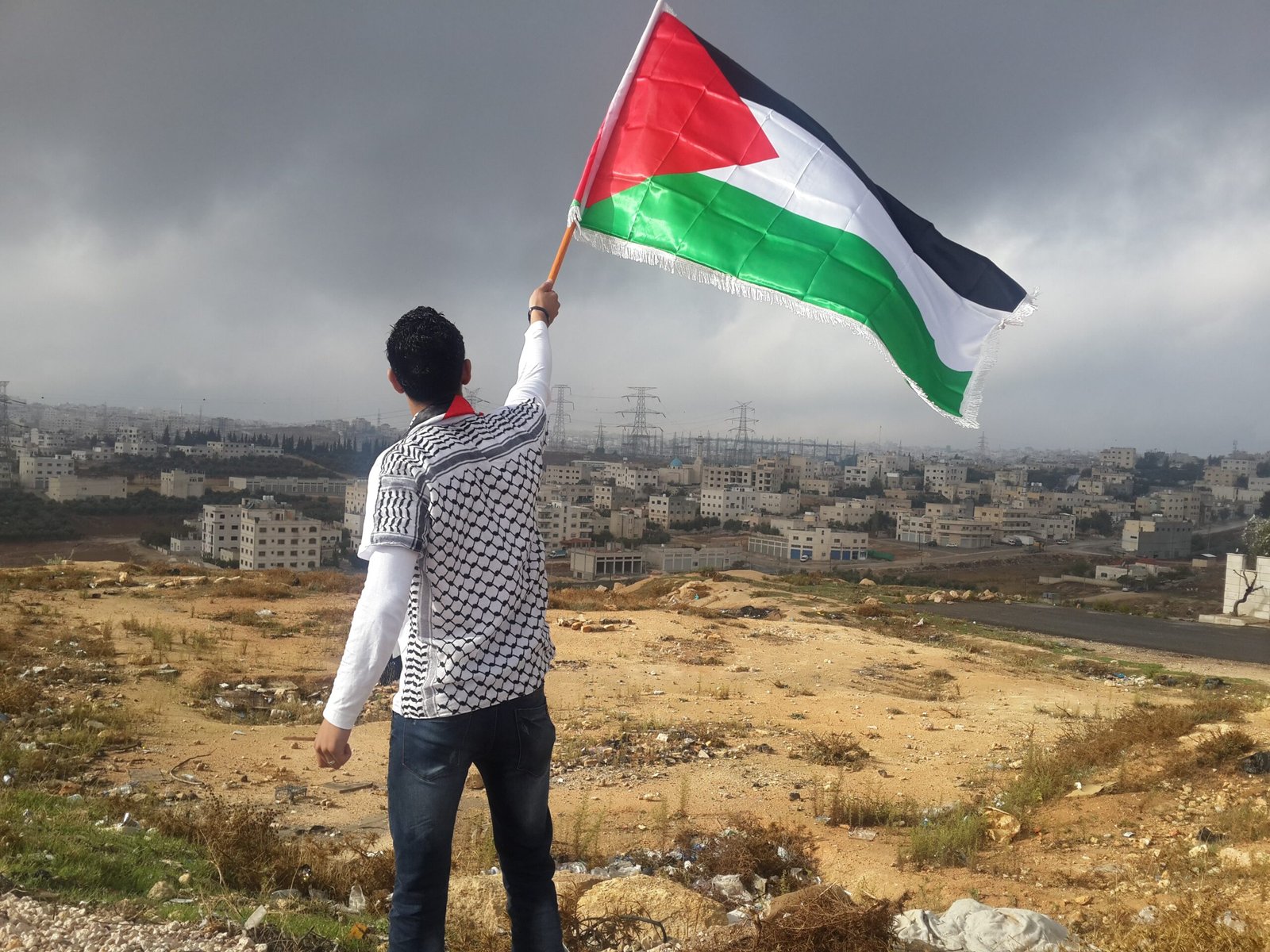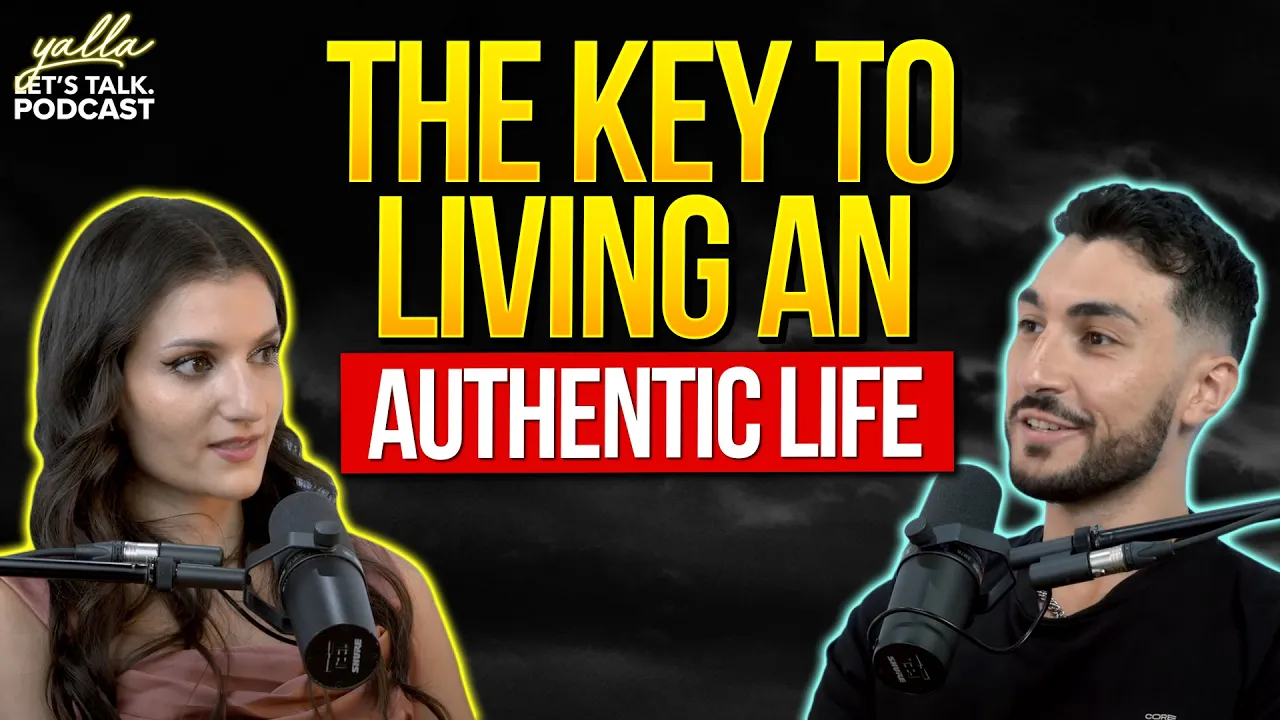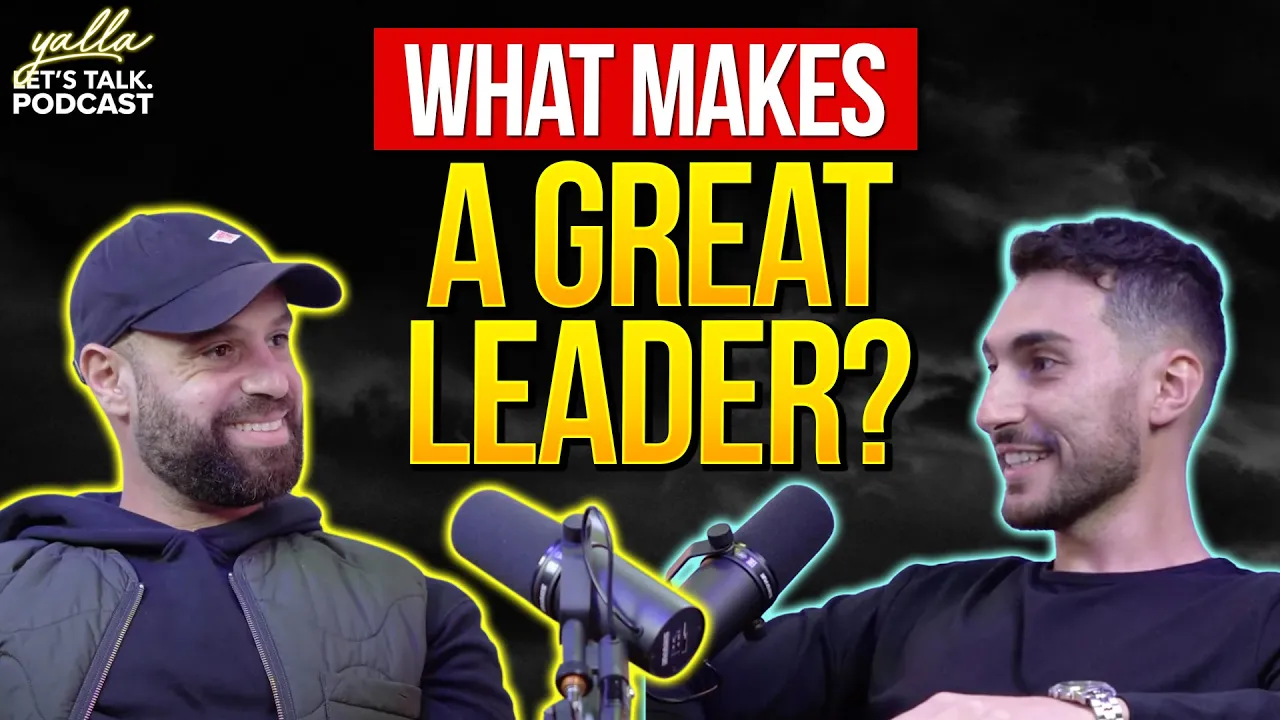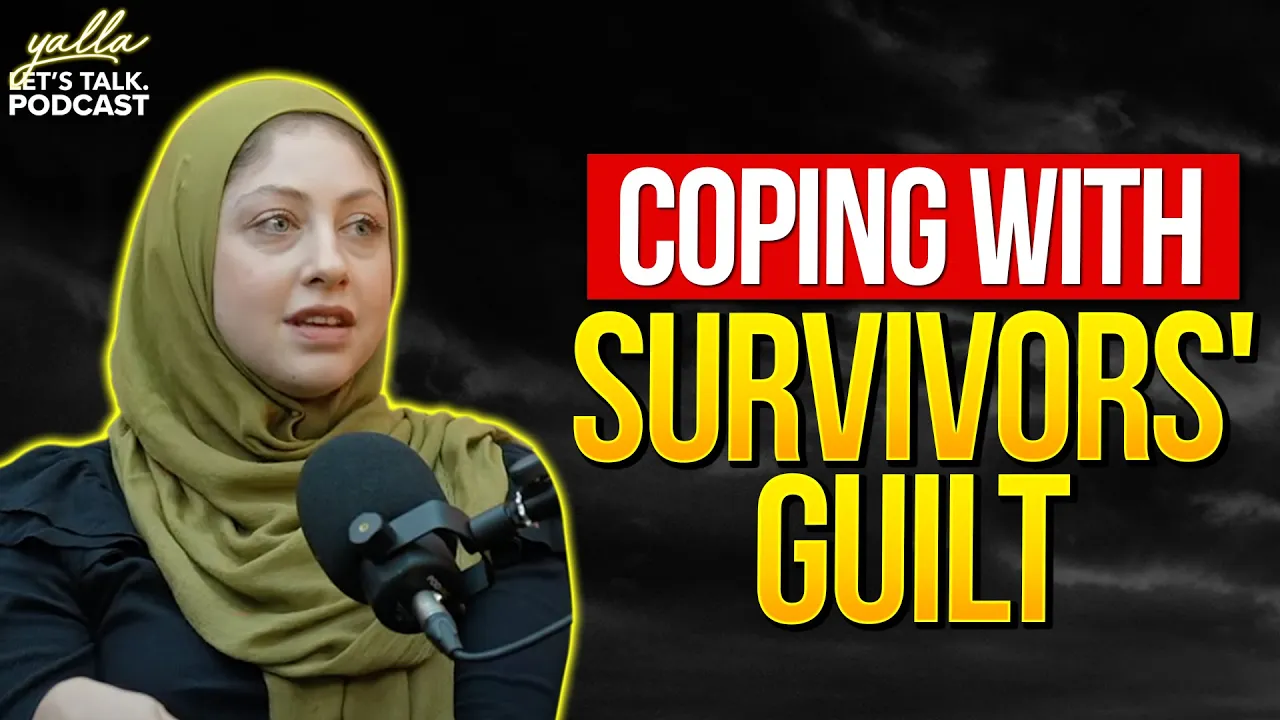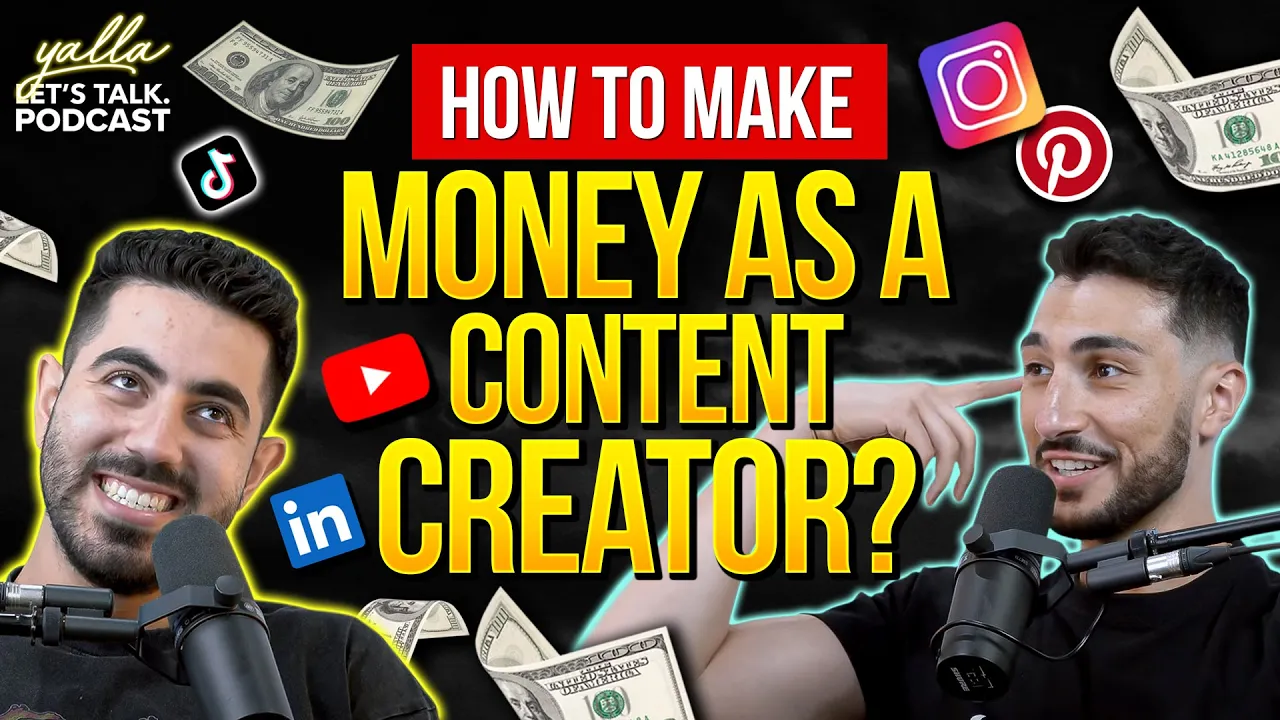Though still fresh as an artist, Ali TheSoulfulPoet has already managed to release 2 studio albums, 20 music/poetry videos on YouTube, and gain more than 10,000 monthly listeners on Spotify. With the support of his ever-growing fan base, the Arab rapper/spoken word artist is ready to conquer the music scene.
The up-and-coming artist Ali TheSoulfulPoet spent his isolated days writing and recording all the songs from his second studio, but very first hip-hop, album titled Live From The Basement. The soundtrack of a young Iraqi-Canadian’s story, who takes pride in living his truth while facing challenges as a first-generation child of immigrants. Soulful’s sheer honesty and vulnerability on this album is refreshing and inspirational.
I sat down with Soulful to discuss the new album, his journey as an artist so far, and some of the challenges us ‘children of immigrants’ face.
For those who don’t know you, can you tell YLT readers who you are?
I’m Ali and I go by Ali TheSoulfulPoet. I’m a spoken word artist, rapper, singer/songwriter based in Ottawa, Ontario. I pride myself on being an Arab-Canadian artist: in talking about the struggles that first-generation immigrants go through. Struggles that I don’t feel are represented in the music industry. I want to bring that fresh voice and be a role model for the community – for Arab youth as well as for visible minorities in general.
How long have you been creating your art and who have been your primary influences?
I’ve been an artist for about a year and a half. I did poetry slams here and there prior to that, but I consider that more as a ‘warm-up’. I didn’t market myself as the SoulfulPoet at that time. I was just practicing, seeing what it felt like to be a poet. I always wrote but I wasn’t an artist pushing a brand.
Growing up, I was influenced by Eminem. I found his vulnerability through storytelling admirable. The more mainstream current artists I appreciate are J. Cole, Drake and Kendrick Lamar. I think those are the three kings of rap right now when it comes to genuine product and value – in regards to albums and projects. I know Drake drops singles here and there for fun, but the main meat and potatoes are really impactful in my opinion. I’m also a fan of 6lack.
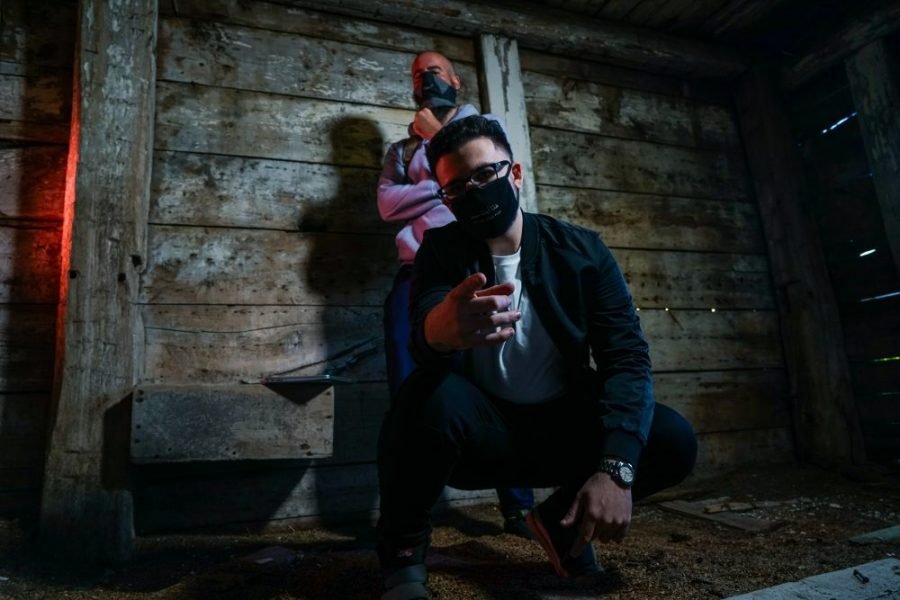
Tell us about your new album Live from the Basement. Did you really record it all from your basement? It’s clear this was a quarantine project. Did you find yourself struggling creating art through these difficult times?
Honestly, I call this album a ‘project that was never supposed to happen’. I didn’t plan on making a hip-hop album. When it happened, Quest, a well-known producer in the community, had called me saying, “hey you don’t have a hip-hop album yet. You’ve been rapping recently so let’s do something together and take advantage of this time”.
At the beginning of quarantine, I struggled a lot. I felt as though it was a challenge in my career where I didn’t know whether to just lay down and take the time as a break, or to take this as an opportunity and take advantage of all the time and use it. Thankfully, I’m glad that I did. I’m grateful for the people I have in my circle for supporting me and pushing me to do that.
One song of note is Seen it all. You repeat the words, ‘bitmana miftakhreen biya, mahma yseer’ i.e.“I hope you’re proud of me, no matter what happens.’ Seems to me that this song was like a love letter to your parents. Was that the intention?
Interesting. It could definitely be perceived as that, especially with Mama Interlude following it, where my mama is speaking. Personally, I always wanted to make a song that’s really inspirational and positive. It’s sort of a letter to all my fans, and even to my parents, and to anyone who supported me. It’s just to tell them, ‘I’ve seen good, I’ve seen bad, I’ve seen both, surrounded by the hate but for the love I’ll do the most’. So no matter what obstacles I go through, I’ll always remember the love and support you’ve shown me, and I pray that no matter what happens, you’ll still be proud of me and are supportive of what I’m doing.
As children of immigrants, we often feel like we have a responsibility to make our parents proud. Do you think we should be expected to fulfill this responsibility or is that a burden we put on ourselves?
Yes and no. I feel that the definition of ‘what makes our parents proud’ is a very vague one in our community. I think there’s a responsibility to honour the sacrifices our parents made coming here, by creating a life and building a community for us to grow in. Even though most of us in Canada are second generation, we’re part of that building process for future generations. I feel that is the responsibility we have in making them proud, by being true to ourselves and not losing our identity.
But when it comes to what we want to do with our lives, I feel it’s normal for there to be a culture shock and a misunderstanding at times, where our parents not being proud is okay. Because they may not understand, and that’s okay too.
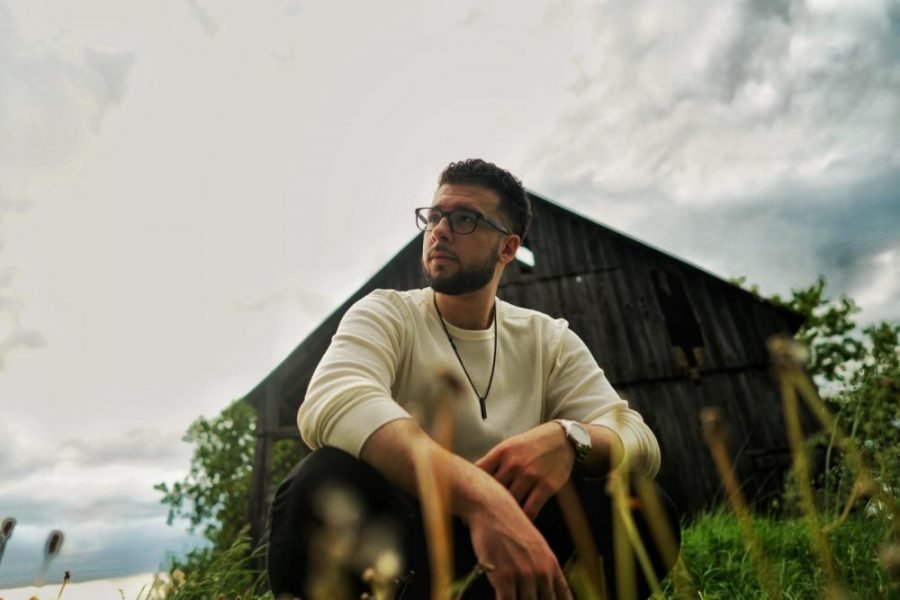
Re: Mama Interlude – what inspired you to have your mom speak on this album?
It was a statement I wanted to make to people that this album is really letting you into my life. Also, in our cultures, some women tend to be silenced. So having my mom send a message to me, that’s deeply heartfelt. It immortalizes my mom in some ways because no matter what happens to my mom, that clip will forever be available for anyone to listen to. And there’s a lot of power in that, I felt.
The line that speaks to me the most on this album is ‘but if I shed a tear, I’ll lose all my self-worth’. A familiar theme from my favourite poem of yours, Watery Eyes, on your 2019 album Thorns.
Clearly, you’re not afraid to share your vulnerability through your art. Where do you think you got the courage to do so?
Generally, as Arabs, our opinions and thoughts that seem foreign to our parents are suppressed and not vocalized. Growing up, I was a feeler and would internalize a lot of things. So that sort of stuck with me for such a long time to the point where, naturally in my art, I felt like screaming out these feelings.
I was generally sensitive and would cry really easily, but that was just me. So I always say whether you’re sensitive or tougher than most, you are still who you are and that is something to be proud of. The judgement that I faced, the suppression of opinion and voice, led me to just be more open and okay with expressing myself on tracks. I feel as though if I’m going to be an artist, I’m going to be the most genuine version of myself. I don’t want to be talking about a lifestyle that I don’t live.
Even though the idea of ‘manhood’ is being challenged in 2020, we’ve still got a long way to go. What’s one thing you’d like to see changed regarding the expectations of what it means to ‘be a man’?
A greater emphasis on emotional intelligence. I feel like a lot of times growing up, that aspect of emotional intelligence, in knowing what we feel, being able to express what we feel, and feeling confident in knowing what we’re feeling in order to express it, is pivotal. Too often I see Arab/Middle Eastern parents struggle with telling their kids how they feel. Even with their marital life, it’s hard to talk about their feelings. Especially for men, because we’re expected to put on that ‘tough guy persona’.
Giving young men the skills and the ability to accept their emotions, and know what they’re feeling, I think, is the stepping stone for a long, much more successful road to progression and identity for men.
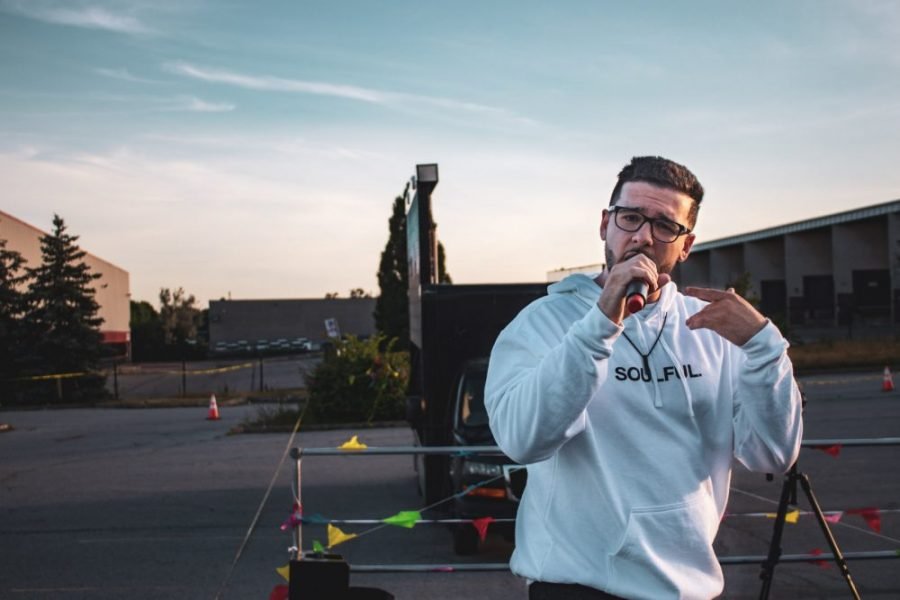
Re: 9676 – this song is basically the immigrant’s anthem. Tell us more about what this song means to you.
I’m from Iraq. The distance from Canada to Iraq is 9,676 km. Outside of Watery Eyes, this track is easily my deepest piece of work. It’s a personal one because I talk about my parents’ journey coming to Canada in the middle of winter, and about my grandmother passing away before my dad could make it back to Iraq. So it really is an immigrant’s anthem. I hope people can listen to it and say ‘I can relate to that struggle to an extent.’
What can listeners expect from you, Ali TheSoulfulPoet, in the future?
A very loaded future with songs, projects and videos. I’m really embracing my Arab roots and incorporating Arabic music and culture a lot more in my work. I also have two music videos coming out for the album: For You and Give Me a Second.
I have this project in mind, called First Child, like the first child of an immigrant family. That’s a project down the line, maybe for 2021. It’ll be a small 6-song EP. I previewed the song, First Child, when I performed at the YLT Conference in Toronto early this year and people responded really well to it.
Be sure to listen to Ali TheSoulfulPoet ’s album Live From The Basement on Spotify and to check out his latest music video, Give Me a Second, a song off the new album.
Follow Ali TheSoulfulPoet on Instagram @alithesoulfulpoet to keep up with his latest projects and upcoming releases.
By Maisaloon Hammoud
@maisaloon.h




